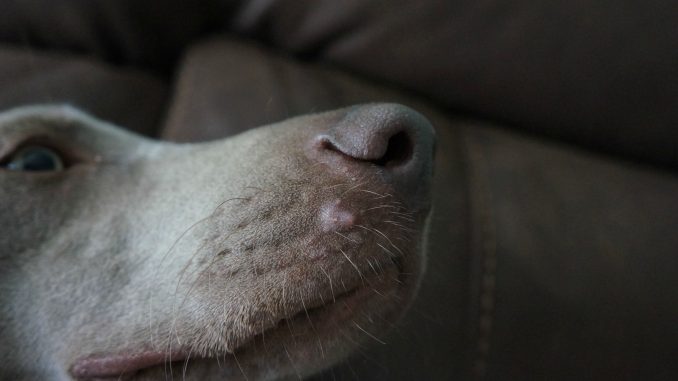Thyroid problems in dogs allergic reactions
Thyroid Problems In Dogs Allergic Reactions. The initial symptom of this allergic reaction is usually coughing. Dogs can develop a drug allergy to thyroid hormone medication. These drug allergies are likely not due to the L-T4 itself. This allergic reaction is caused by an irritant or parasite entering the dogs lungs which then causes an allergic reaction in the dog.
 Hypothyroidism In Dogs Why Does It Happen And Can You Treat It From dogster.com
Hypothyroidism In Dogs Why Does It Happen And Can You Treat It From dogster.com
Concurrent disease eg allergic skin disease flea hypersensitivity is common in dogs with hypothyroidism and may affect the clinical impression of response to levothyroxine therapy if the concurrent disease is not recognized. These drug allergies are likely not due to the L-T4 itself. If this happens consult your veterinarian immediately. An allergic reaction is not a common side effect but is serious. Although discussions about allergic reactions to thyroid supplements abound on professional forums there is almost no information in the literature on these specific idiosyncratic drug reactions. A dog with a history of hypothyroidism-associated weight gain and mild lethargy was prescribed levothyroxine tablets 0018 mgkg twice daily.
Typically caused by autoimmune disease the dogs immune system begins to attack his thyroid gland tissue although we are not sure why.
This type of allergy or adverse effect can lead to anaphylactic shock which results in cardiac and respiratory failure and. Dogs can develop a drug allergy to thyroid hormone medication. Such side effects include swelling in the face a rash vomiting or cold limbs. Allergic dogs use up their natural stores of vitamin C. Mild side effects will usually subside after a few weeks or months and your dog will regain his regular energy level and appetite just as he had before developing thyroid disease. Many owners use this medication on their dog without a problem but allergic reaction is possible in sensitive individuals.
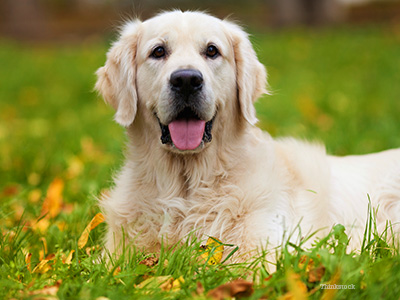 Source: pethealthnetwork.com
Source: pethealthnetwork.com
So do not feed these veggies to dogs with hypothyroidism. A dog with a history of hypothyroidism-associated weight gain and mild lethargy was prescribed levothyroxine tablets 0018 mgkg twice daily. Their coat will be dull and thin their skin flaky but not itchy or red which is usually tied to fleas or an allergic reaction. Such side effects include swelling in the face a rash vomiting or cold limbs. Just as with any allergy one of the first signs you will notice is itching but it will probably be accompanied by vomiting diarrhea or sneezing.
 Source: pinterest.com
Source: pinterest.com
Different brands of thyroid medication though they have. Hypothyroidism is the most common hormone imbalance in dogs and is usually caused by inflammation or shrinkage of the thyroid gland. Rather the reactions appear to be an allergy to the color dye or filler contained within the L-T4 medication. They may also have black patches of skin. The symptoms of hypothyroidism can vary greatly from dog to dog but are all mostly related to your dogs slowing metabolism.
 Source: dogtime.com
Source: dogtime.com
Concurrent disease eg allergic skin disease flea hypersensitivity is common in dogs with hypothyroidism and may affect the clinical impression of response to levothyroxine therapy if the concurrent disease is not recognized. So do not feed these veggies to dogs with hypothyroidism. So feed a supplement with at least 1000 mg of vitamin C two times a day. This allergic reaction is caused by an irritant or parasite entering the dogs lungs which then causes an allergic reaction in the dog. Failure to recognize the impact of concurrent illness on thyroid hormone test results is another common reason for misdiagnosing hypothyroidism.
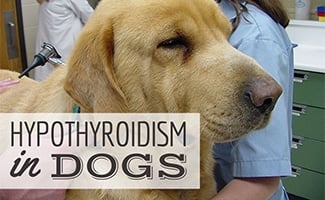 Source: caninejournal.com
Source: caninejournal.com
This can result in the drop in production of the thyroid hormone causing symptoms to. A dog with a history of hypothyroidism-associated weight gain and mild lethargy was prescribed levothyroxine tablets 0018 mgkg twice daily. If the thyroid gland doesnt secrete enough thyroid hormone you get the exact opposite hypothyroidism the most common thyroid problem in dogs. It appears that bacterial hypersensitivity in the dog is more likely to occur if other conditions such as hypothyroidism inhalant allergy andor flea allergy are concurrently present. This allergic reaction is caused by an irritant or parasite entering the dogs lungs which then causes an allergic reaction in the dog.
 Source: dogster.com
Source: dogster.com
When your immune system becomes too overactive it can worsen thyroid inflammation and cause frustrating allergy symptoms. A food allergy on the other hand causes an immune reaction when the offending substance is introduced. A different reaction we see 6. The symptoms of hypothyroidism can vary greatly from dog to dog but are all mostly related to your dogs slowing metabolism. This allergic reaction is caused by an irritant or parasite entering the dogs lungs which then causes an allergic reaction in the dog.
 Source: daltonveterinaryassociates.com
Source: daltonveterinaryassociates.com
These drug allergies are likely not due to the L-T4 itself. Providing vitamins and supplements. Untreated it may take a day or two for the swelling to subside. Mild side effects will usually subside after a few weeks or months and your dog will regain his regular energy level and appetite just as he had before developing thyroid disease. These drug allergies are likely not due to the L-T4 itself.
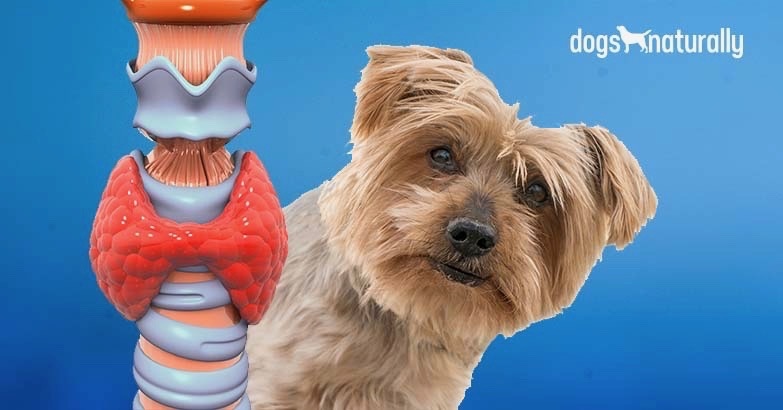 Source: dogsnaturallymagazine.com
Source: dogsnaturallymagazine.com
Untreated it may take a day or two for the swelling to subside. A food allergy on the other hand causes an immune reaction when the offending substance is introduced. After 19 days the dog. Hypothyroidism is the most common hormone imbalance in dogs and is usually caused by inflammation or shrinkage of the thyroid gland. Rather the reactions appear to be an allergy to the color dye or filler contained within the L-T4 medication.
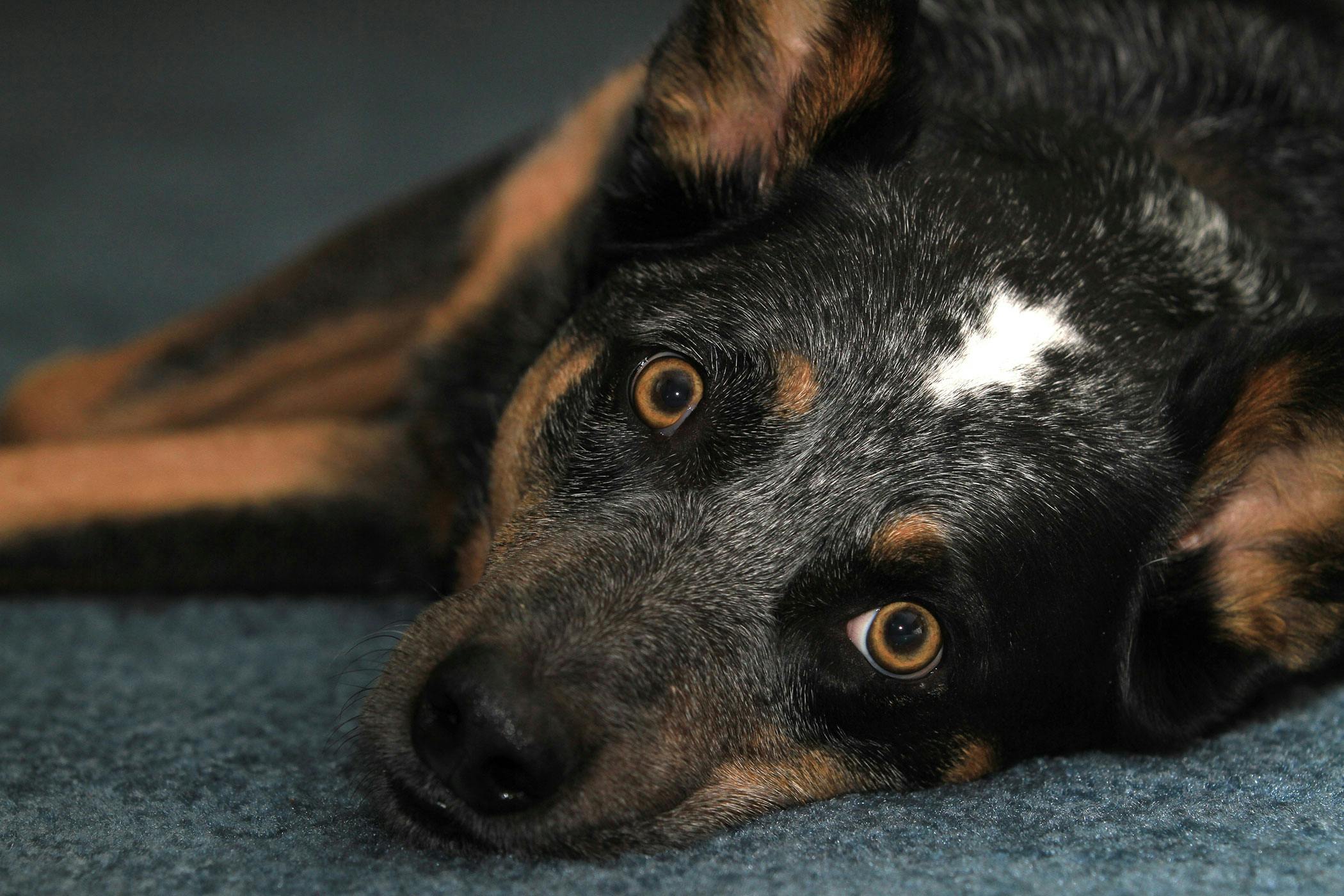 Source: wagwalking.com
Source: wagwalking.com
Concurrent disease eg allergic skin disease flea hypersensitivity is common in dogs with hypothyroidism and may affect the clinical impression of response to levothyroxine therapy if the concurrent disease is not recognized. Probably the most serious allergic reaction a dog can suffer from that causes breathing problems is called Allergic pneumonitis. Hypothyroidism is the most common hormone imbalance in dogs and is usually caused by inflammation or shrinkage of the thyroid gland. Call your vet if your dog has allergic reactions. Hypothyroidism is a lack of thyroid hormones due to underactive thyroid glands.
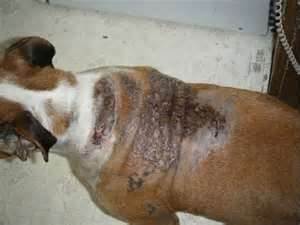 Source: gentryboxers.com
Source: gentryboxers.com
Symptoms of hypothyroidism include weight gain low energy and fur loss alopecia. Hypothyroidism is the most common hormone imbalance in dogs and is usually caused by inflammation or shrinkage of the thyroid gland. A dog with a history of hypothyroidism-associated weight gain and mild lethargy was prescribed levothyroxine tablets 0018 mgkg twice daily. A veterinarian will often give dogs with this reaction an antihistamine injection. Such side effects include swelling in the face a rash vomiting or cold limbs.
 Source: dogsnaturallymagazine.com
Source: dogsnaturallymagazine.com
So feed a supplement with at least 1000 mg of vitamin C two times a day. Such allergic side effects are extremely rare but may include facial swelling cutaneous eruptions and rash andor vomiting. Redness and irritation at the application site is the most common response but behavioral changes and other more serious symptoms are possible. Following supplements can help. Many owners use this medication on their dog without a problem but allergic reaction is possible in sensitive individuals.
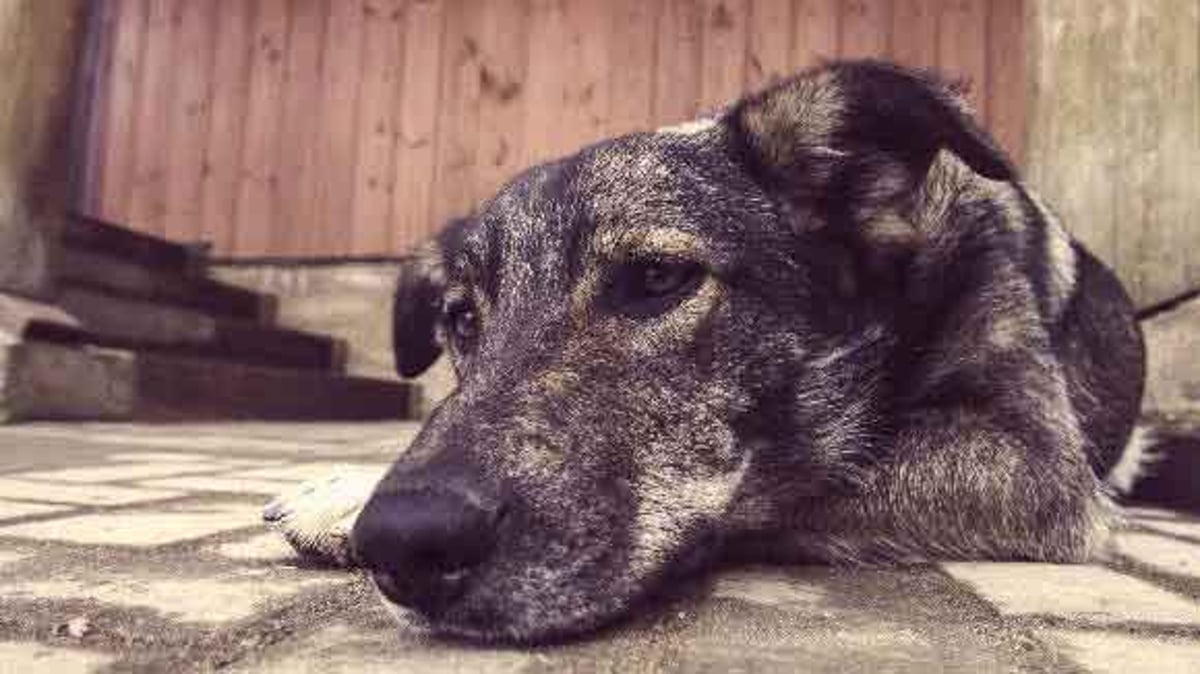 Source: petcarerx.com
Source: petcarerx.com
The initial symptom of this allergic reaction is usually coughing. The initial symptom of this allergic reaction is usually coughing. Such side effects include swelling in the face a rash vomiting or cold limbs. Failure to recognize the impact of concurrent illness on thyroid hormone test results is another common reason for misdiagnosing hypothyroidism. Many owners use this medication on their dog without a problem but allergic reaction is possible in sensitive individuals.
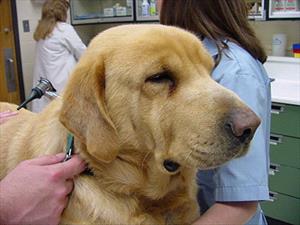
Issues occur when the gland doesnt make enough of this hormone and hypothyroidism may become a problem in your dog. So feed a supplement with at least 1000 mg of vitamin C two times a day. A veterinarian will often give dogs with this reaction an antihistamine injection. Mild side effects will usually subside after a few weeks or months and your dog will regain his regular energy level and appetite just as he had before developing thyroid disease. A food allergy on the other hand causes an immune reaction when the offending substance is introduced.
If you find this site value, please support us by sharing this posts to your own social media accounts like Facebook, Instagram and so on or you can also save this blog page with the title thyroid problems in dogs allergic reactions by using Ctrl + D for devices a laptop with a Windows operating system or Command + D for laptops with an Apple operating system. If you use a smartphone, you can also use the drawer menu of the browser you are using. Whether it’s a Windows, Mac, iOS or Android operating system, you will still be able to bookmark this website.
